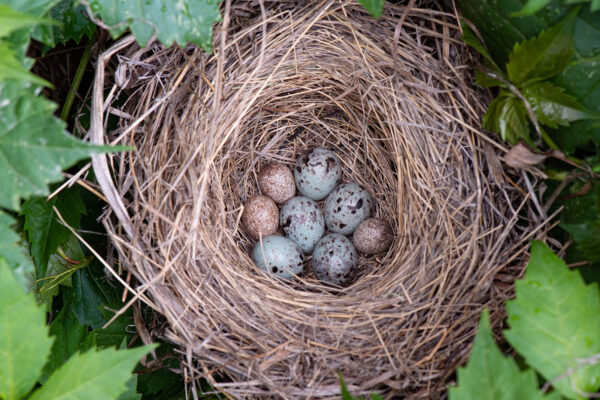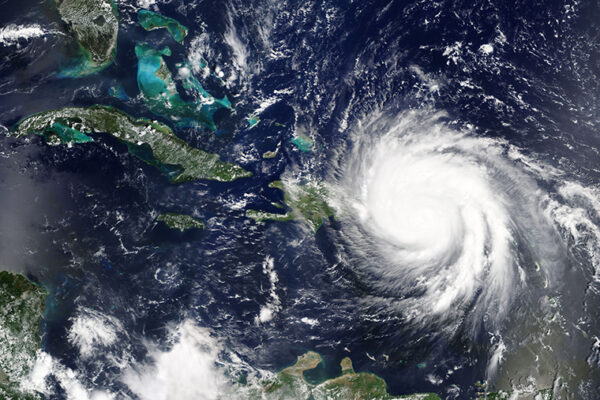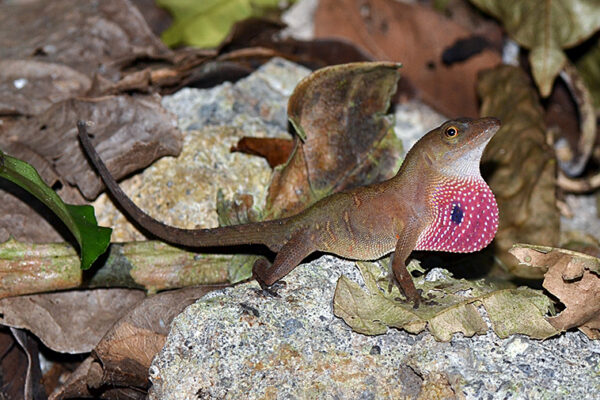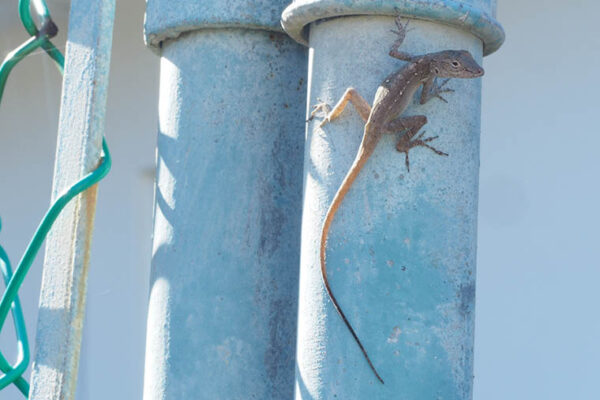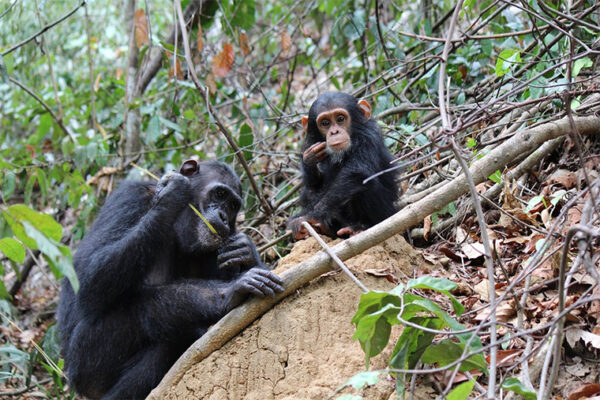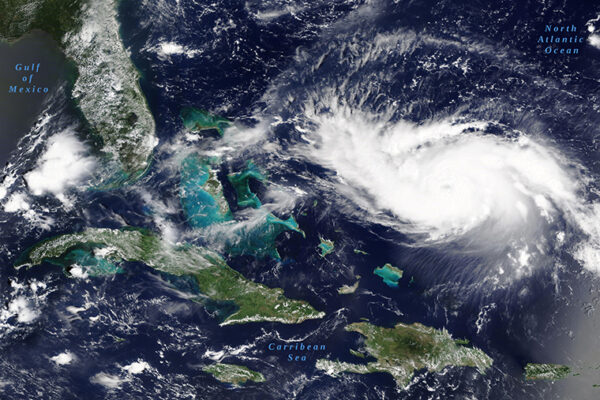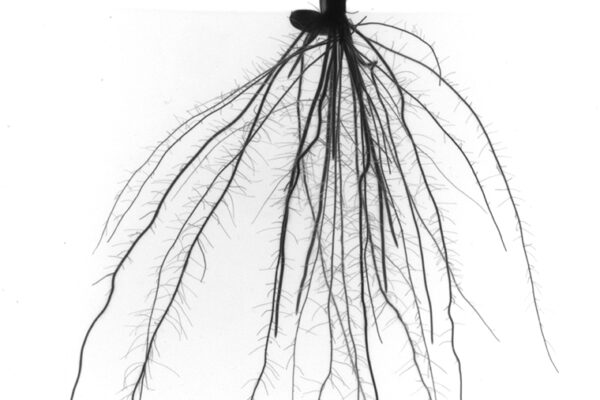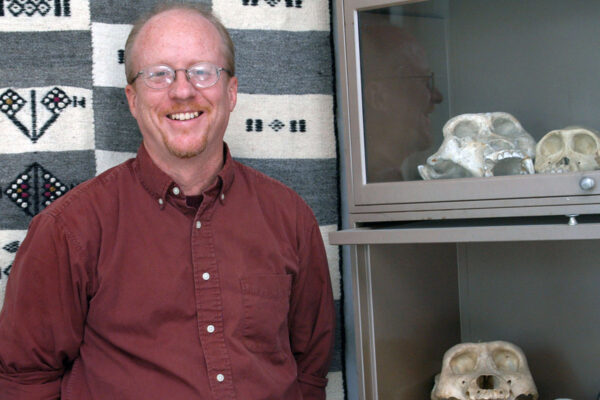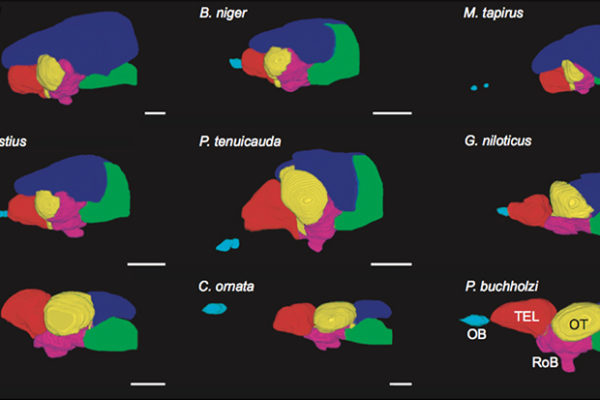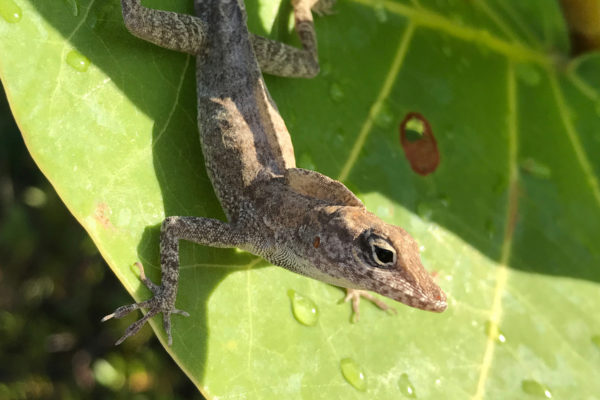Meet the hedge fund managers of avian world
Carlos Botero, assistant professor of biology in Arts & Sciences at Washington University in St. Louis, finds that parasitic birds living in more variable and unpredictable habitats tend to hedge their bets by laying eggs in the nests of a greater variety and number of hosts. The study is published Aug. 21 in Nature Communications.
Hurricanes twist evolution in island lizards
A new study from Washington University in St. Louis is the first to demonstrate evolutionary response to hurricanes on a wide geographic scale.
$1.2M grant to study evolution of Central American lizards
A research team led by Jonathan Losos, the William H. Danforth Distinguished Professor and professor of biology in Arts & Sciences at Washington University in St. Louis, was awarded $1.2 million for a CRISPR-based gene editing study of Central American lizards.
Hot time in the city: Urban lizards evolve heat tolerance
Faced with a gritty landscape of metal fences, concrete walls and asphalt pavement, lizards that moved into cities in Puerto Rico rapidly and repeatedly evolved better tolerance for heat than their forest counterparts, according to new research from Washington University in St. Louis and the University of California, Los Angeles.
Chimpanzees more likely to share tools, teach skills when task is complex
New Arts & Sciences research finds that chimpanzees that use a multi-step process and complex tools to gather termites are more likely to share tools with novices. The study helps illuminate chimpanzees’ capacity for prosocial — or helping — behavior, a quality that has been recognized for its potential role in the evolution of human cultural abilities.
Brave new world
Faced with extreme weather events and unprecedented environmental change, animals and plants are scrambling to catch up — with mixed results. A new model developed by Carlos Botero, assistant professor of biology in Arts & Sciences, helps to predict the types of changes that could drive a given species to extinction.
Rusted root: Weedy rice repeatedly evolves ‘cheater’ root traits
Researchers led by Kenneth M. Olsen in Arts & Sciences used a new imaging technique to reveal a takeover strategy that has worked for weedy rice over and over again: roots that minimize below-ground contact with other plants.
Rasmussen’s posthumous publication solves ancient monkey mystery
Nearly five years after his death, colleagues of Washington University in St. Louis anthropologist David “Tab” Rasmussen are recognizing his contributions by listing him as first author on a primate evolution paper published March 26 in the Proceedings of the National Academy of Sciences.
New maps hint at how electric fish got their big brains
Washington University researchers have mapped the regions of the brain in mormyrid fish in extremely high detail. In a study published in the Nov. 15 issue of Current Biology, they report that the part of the brain called the cerebellum is bigger in members of this fish family compared to related fish — and this may be associated with their use of weak electric discharges to locate prey and to communicate with one another.
Replaying the tape of life: Is it possible?
A review published in the Nov. 9 issue of Science explores the complexity of evolution’s predictability in extraordinary detail. Jonathan Losos of Arts & Sciences takes on a classic question posed by Stephen Jay Gould in an effort to fully interrogate ideas about contingency’s role in evolution.
View More Stories
